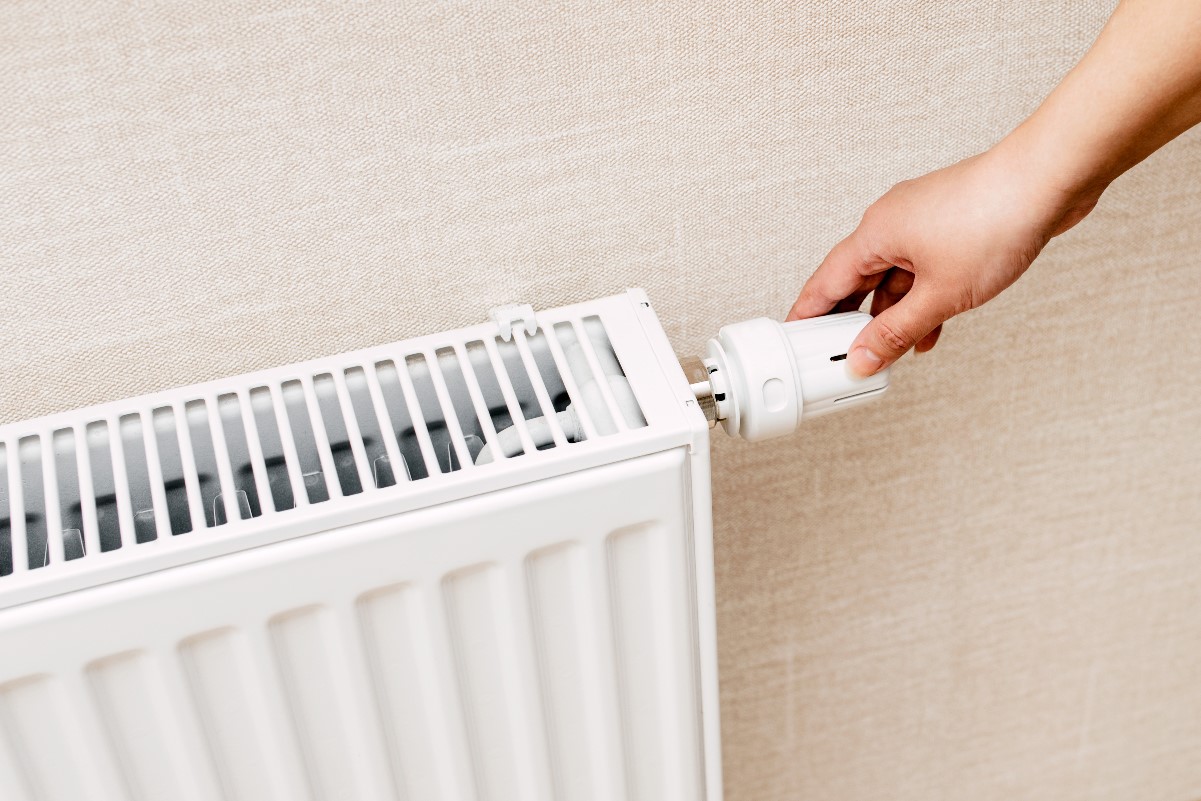
Sponsored article
Planning to build a home requires the right knowledge, design, commitment and difficult decisions. One of them is the choice of heating. How to heat the house ecologically? We suggest!
First of all, house heating is not only a comfort for household members, but also a considerable investment. It is worth deciding on such a solution, which in operation will not be too burdensome for you. It is both about costs and later maintenance. For example, backfiring boilers require re-lighting every day, and refuelling should be done every few hours.
Often, however, we are persuaded to use a heating system that is very cheap at first sight, but is harmful to the respiratory system or much more difficult and time-consuming to operate . It may also happen that choosing the wrong heating system will result in underheating of the rooms, which in turn will often cause mould and dampness.
One of the problems is the lack of design, that is, the installation of heating without first thinking about the layout of the building. Often we are guided by what is recommended by a friend or what the neighbors behind the fence use. It is definitely better to fit the installation to the needs of your building
The second problem becomes the purchase of equipment that is not tailored to the needs of a particular system and rooms. Boilers with power much higher than needed are not more efficient. In addition, they generate the risk of overheating, and thus become inoperative. In addition, they are characterized by high emissions of pollutants
The cheapest heating of the house often does not go hand in hand with ecology. It is also worth noting that houses built in 2021 should have good insulation and a value of the primary energy index (EP) of no more than 70 kWh. Some provinces also introduce top-down bans on the use of stoves that generate a lot of pollution
We check which ways to heat your home ecologically are efficient and least expensive.
Although installing a heat pump is a big investment, it is worth thinking about such a solution. There is no need to use solid fuel, hence no exhaust fumes are generated, however the compressor’s work requires electricity. The device extracts heat from the ground, air (sun) or standing water and then transfers it to the building. However, it is worth noting that the installation of a heat pump also requires appropriate radiators which work at lower temperatures than traditional ones
An advantage of using heat pumps is their simple operation, which requires practically no effort. It is not necessary to regularly refill the fuel or clean the devices. It is enough to connect the whole installation to electricity and then enjoy well heated rooms. It is also worthwhile to find out about subsidies in a particular municipality or district, in order to receive additional financial support for the installation of a heat pump.
Pellet is an ecological fuel that is not as harmful to the environment when burned as others available on the market. Compared to heat pumps, this solution isalso slightly cheaper to maintain. You will adjust the pellet boiler to the needs of your building, and its price depends on the power. Nevertheless, the device is easy to operate and clean. The pellets themselves are quite calorific and burn quickly, so it is worth thinking about where they could be stored.
Burning gas does not give a 100% guarantee that the fumes emitted are fully ecological, but compared to coal, it is a much better solution. The costs connected with installation and exploitation also look encouraging. People who decide on this type of ecological home heating, appreciate the comfort and location of the boiler. You do not need to build a separate boiler room, and the device is easy to use. Prices for natural gas depend on fuel suppliers, but the boilers themselves are very efficient and durable
Image source: Designed by Freepik